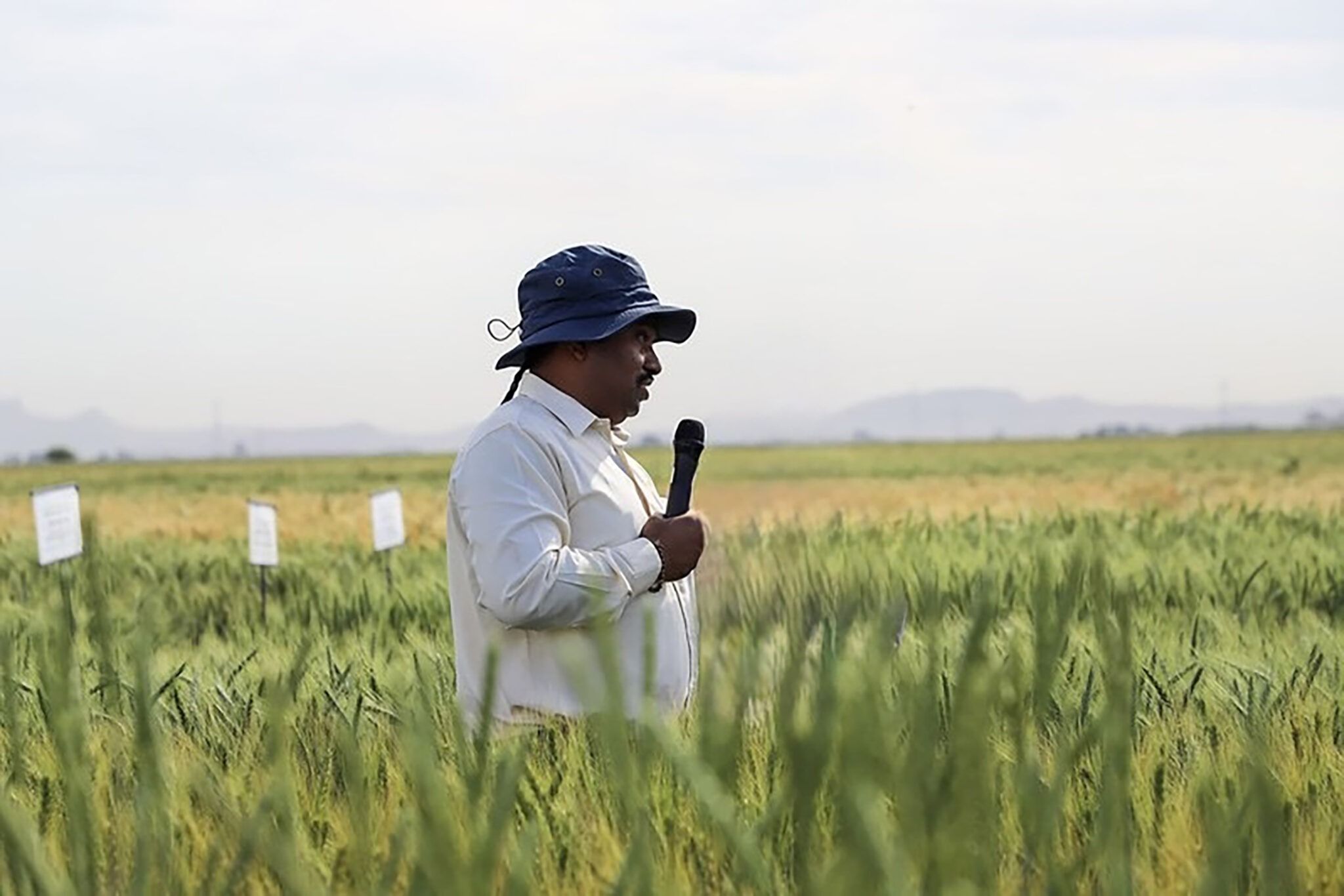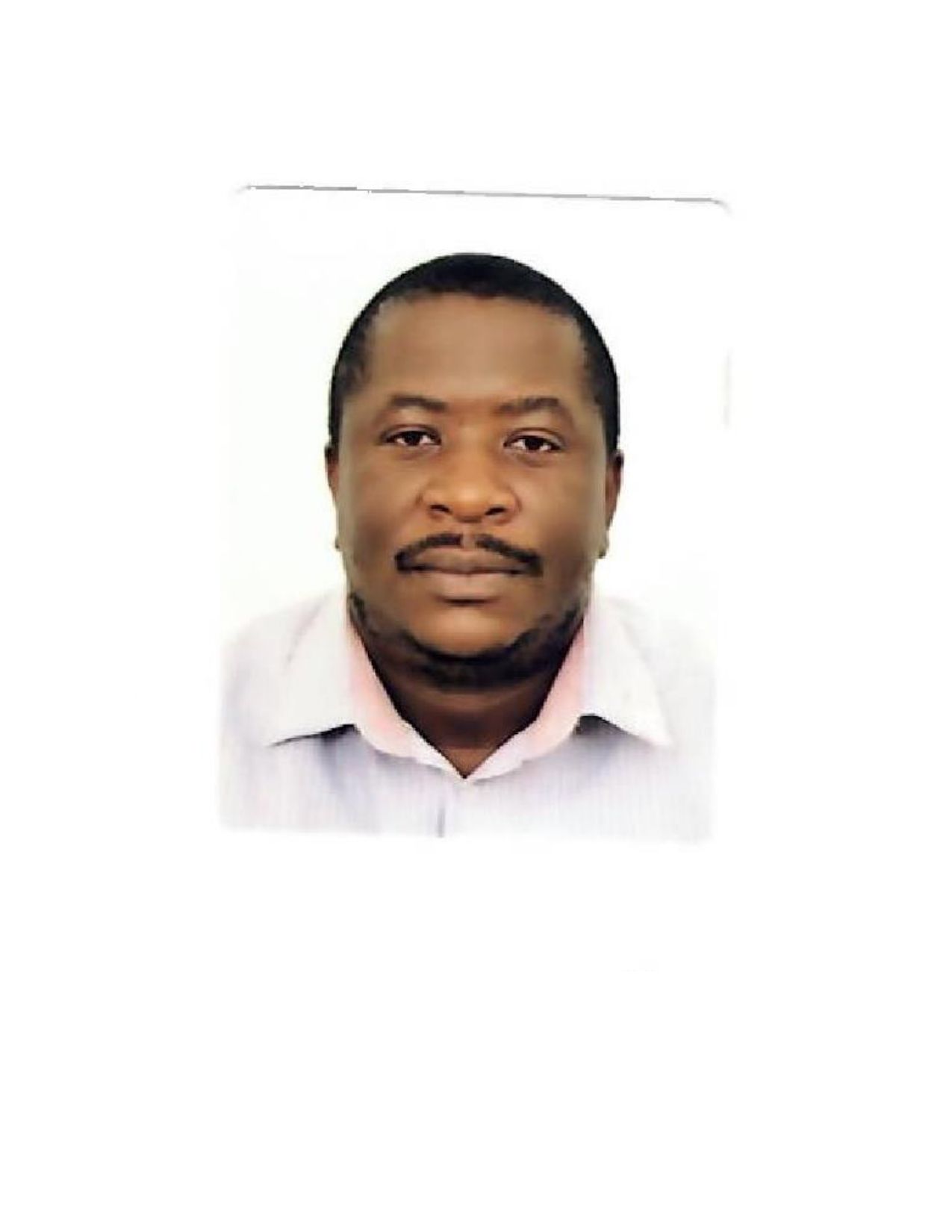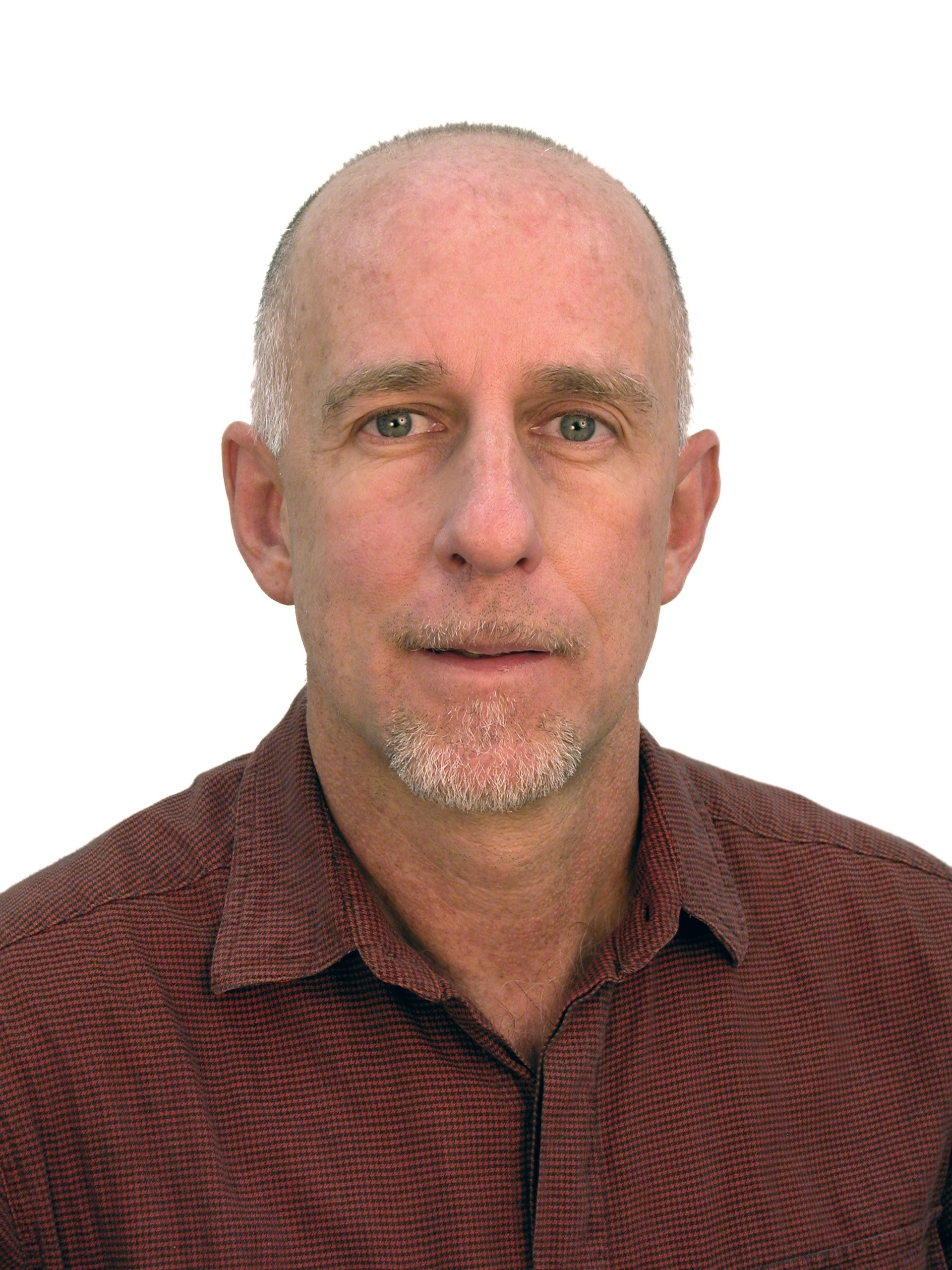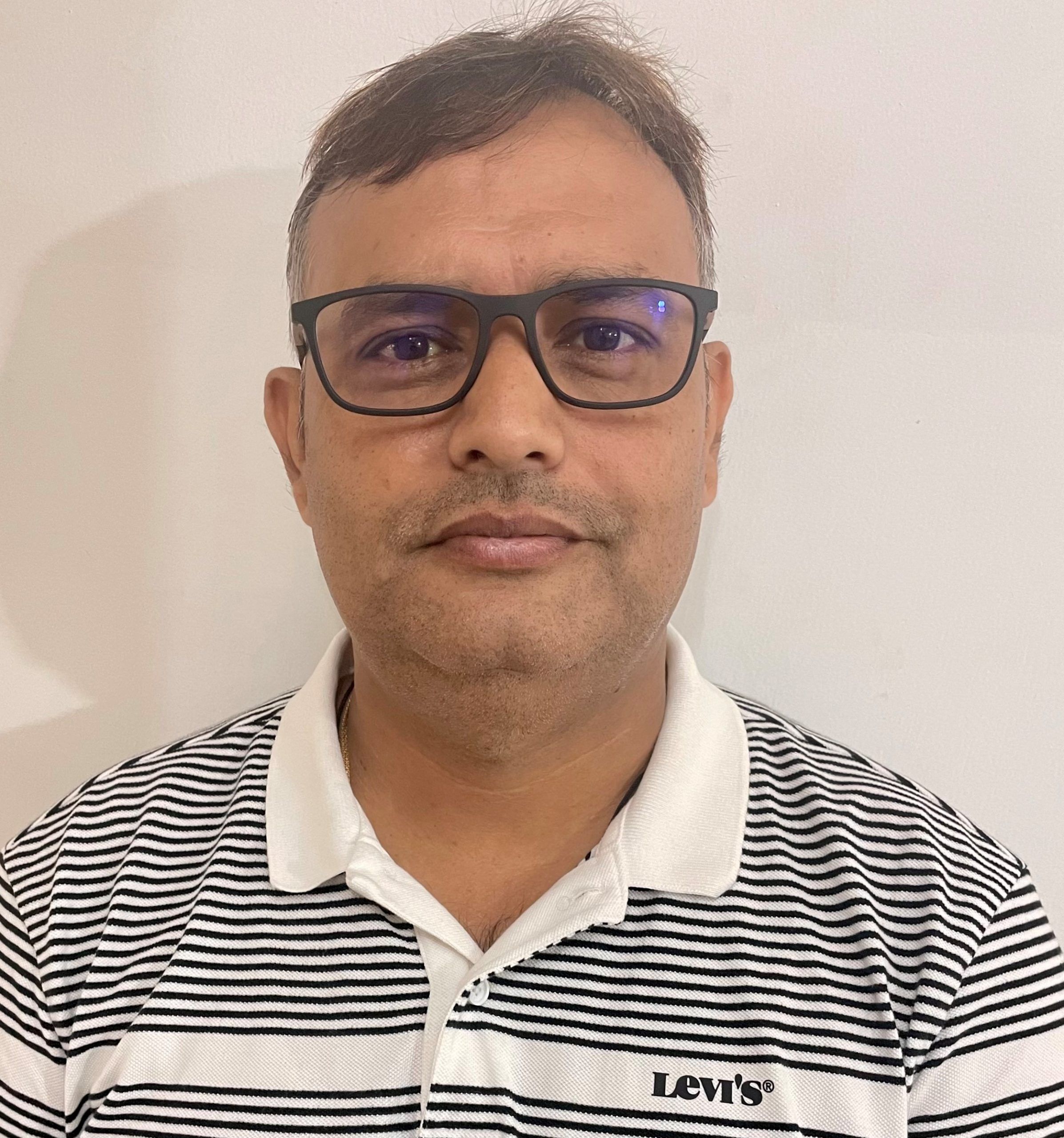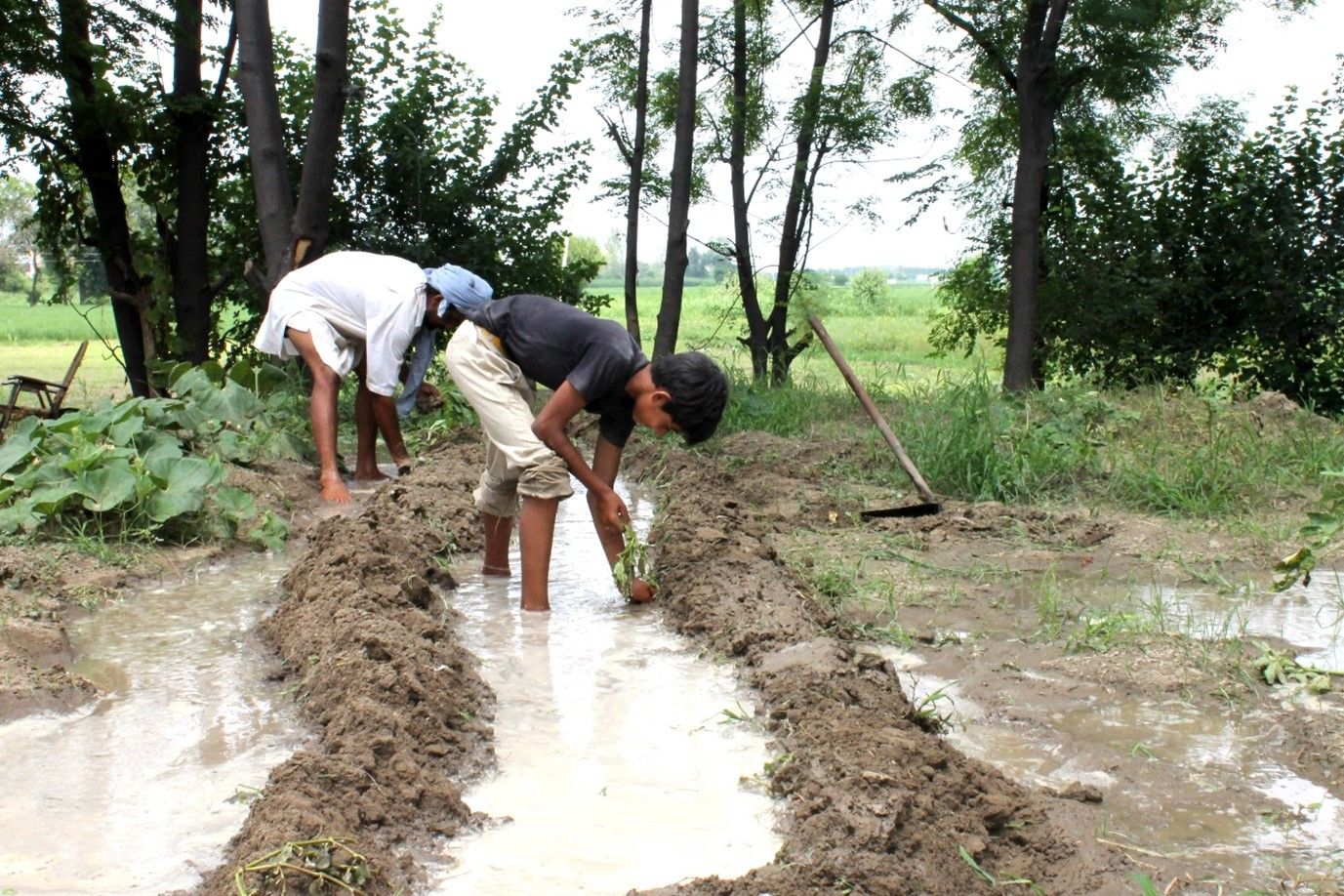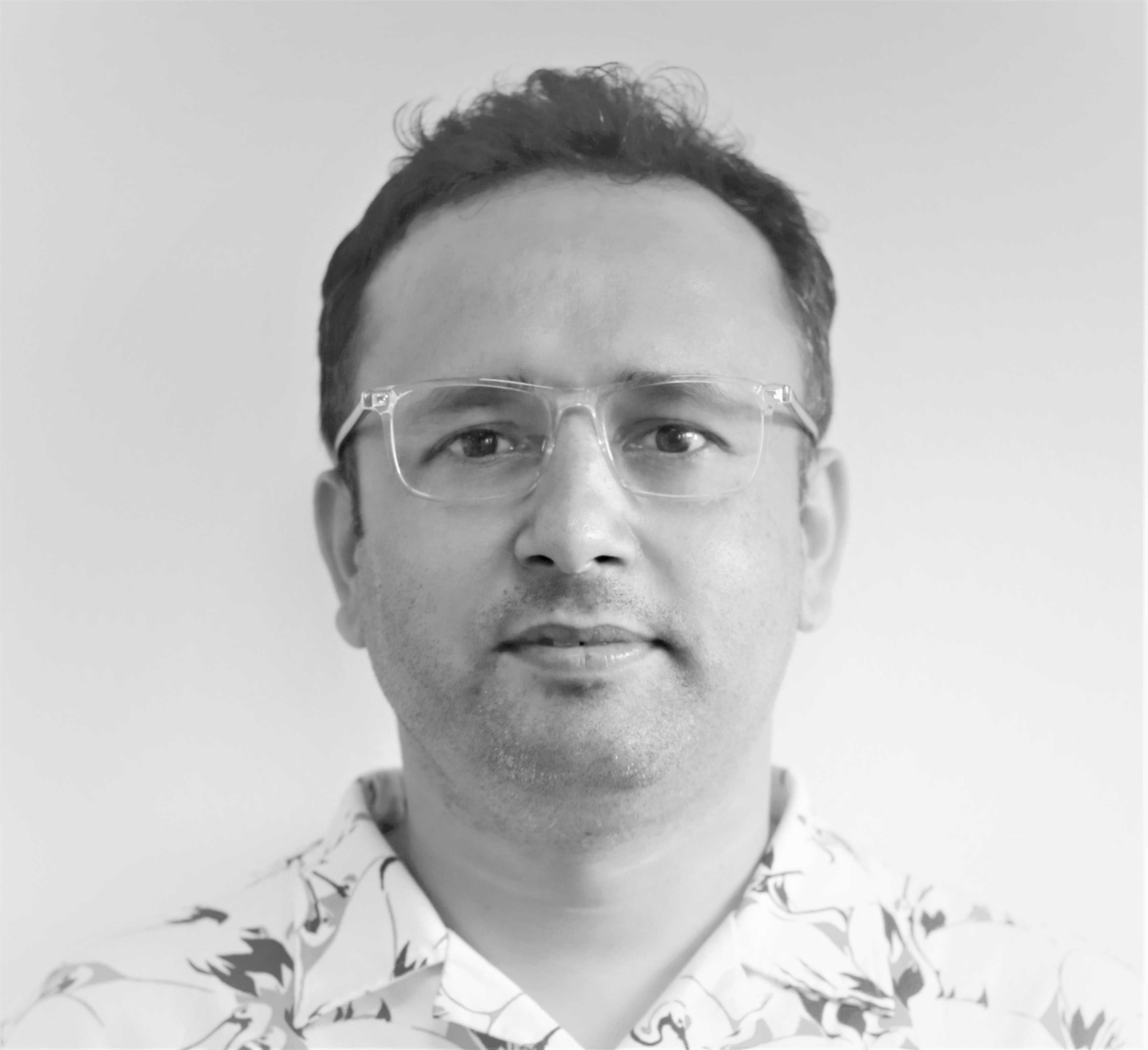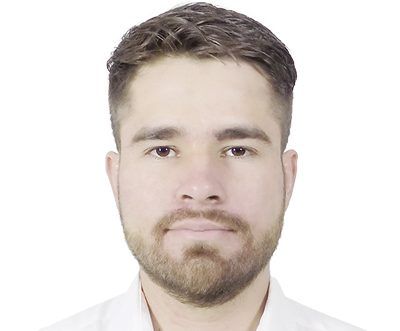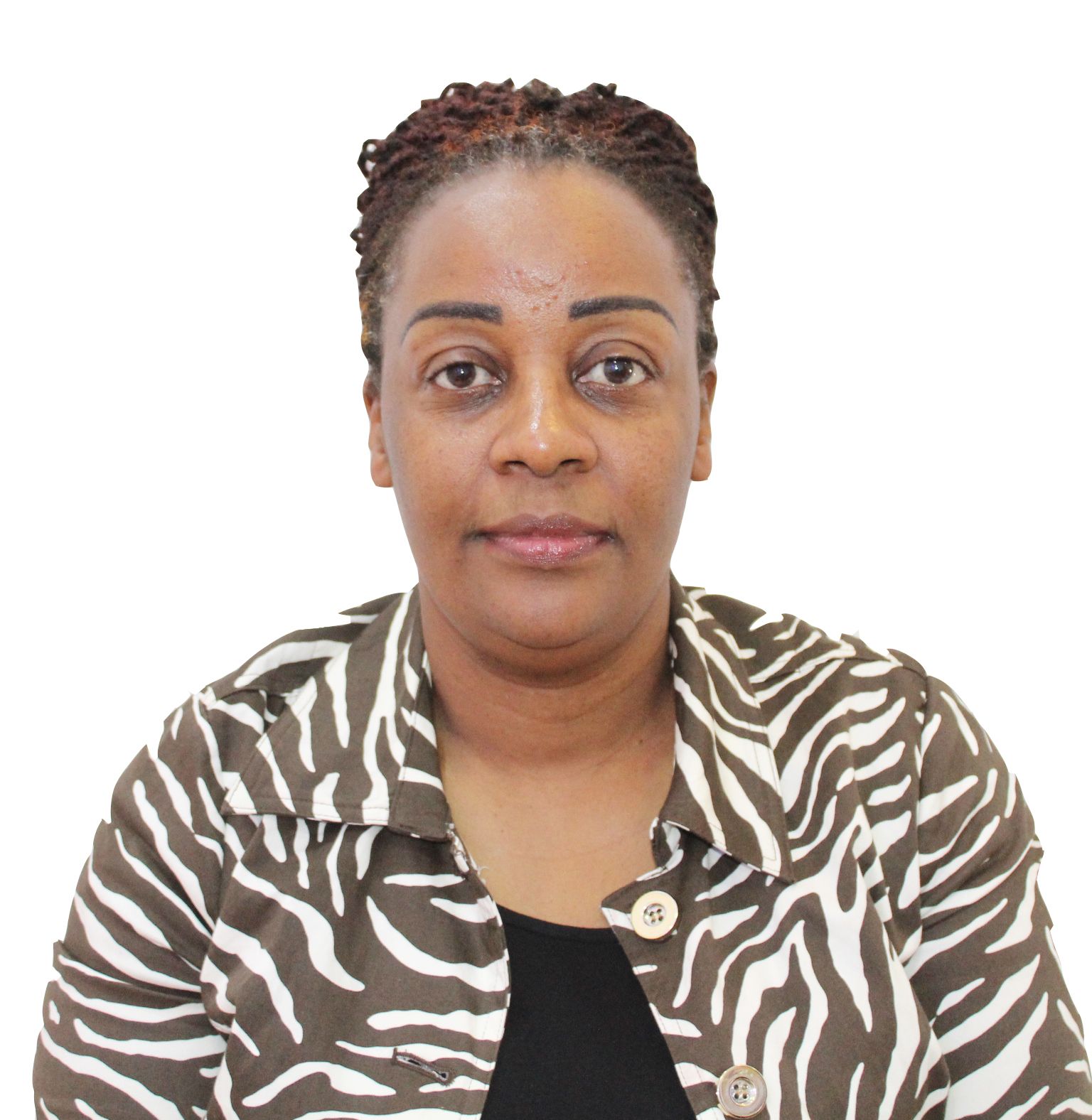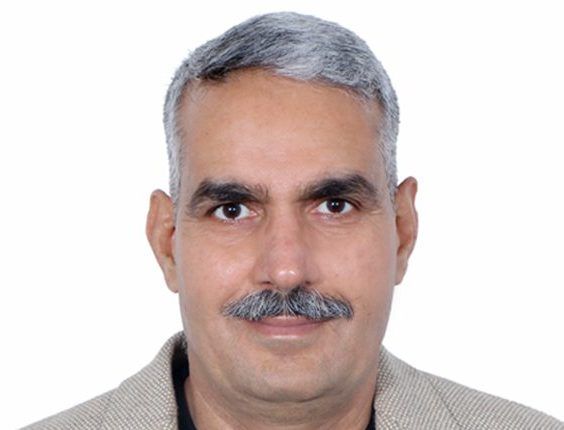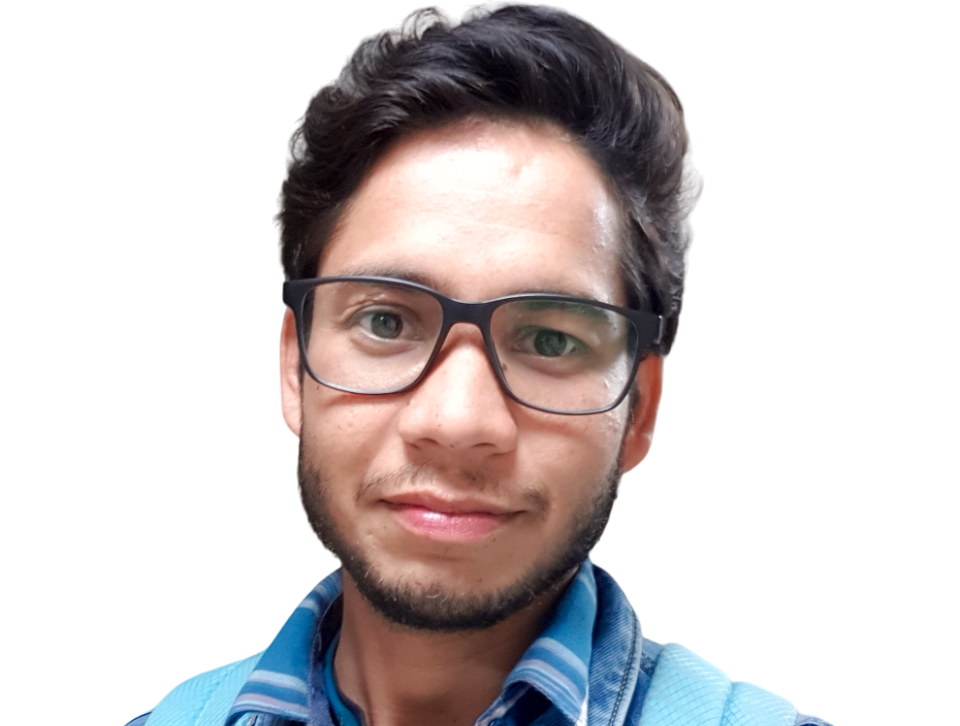Proudly announcing the 2025 Derek Tribe Award recipient – Velu Govindan
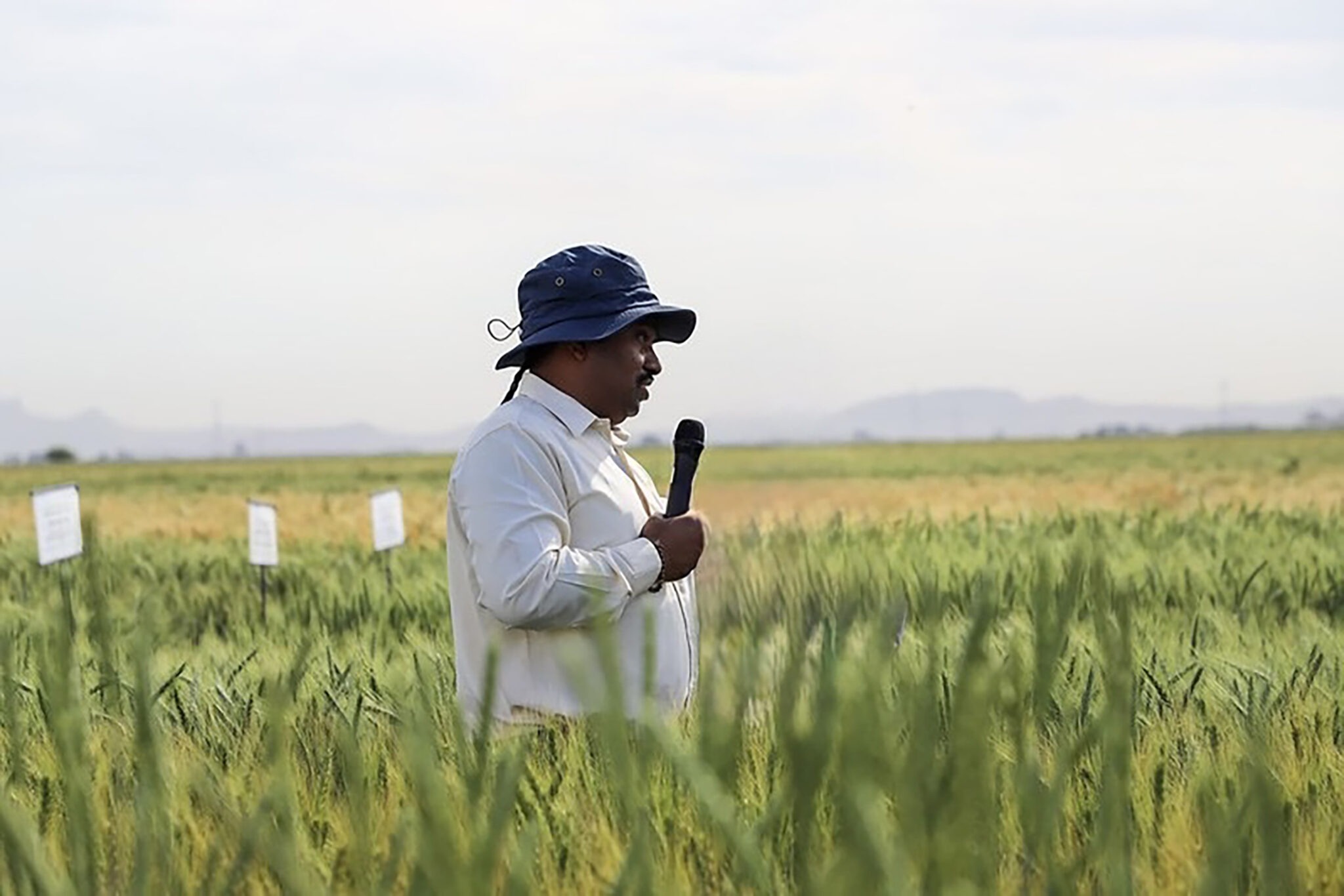
We have the great pleasure of announcing the Derek Tribe Award recipient for 2025 is Dr Velu Govindan, the Principal Scientist – Wheat Breeder at The International Maize and Wheat Improvement Center (CIMMYT) in Mexico.
Dr Govindan received the award in recognition of his work in plant breeding and genetics. His pioneering work on accelerating genetic gains in wheat has led to the release of over two dozen climate-resilient, zinc-enriched wheat varieties, significantly benefiting farmers across South Asia, Africa and Latin America, highlighting his influence on global food security.
The Crawford Fund’s Derek Tribe Award recognises the distinguished contributions of a citizen of a developing country to the application of research in agriculture or natural resource management in a developing country or countries. These people are often unsung heroes in their fields, with long and dedicated service that has incredible impact.
The Award was inaugurated in 2001 to mark the outstanding contributions of Emeritus Professor Derek Tribe AO OBE FTSE, Foundation Director of the Crawford Fund, to the promotion of international agricultural research.
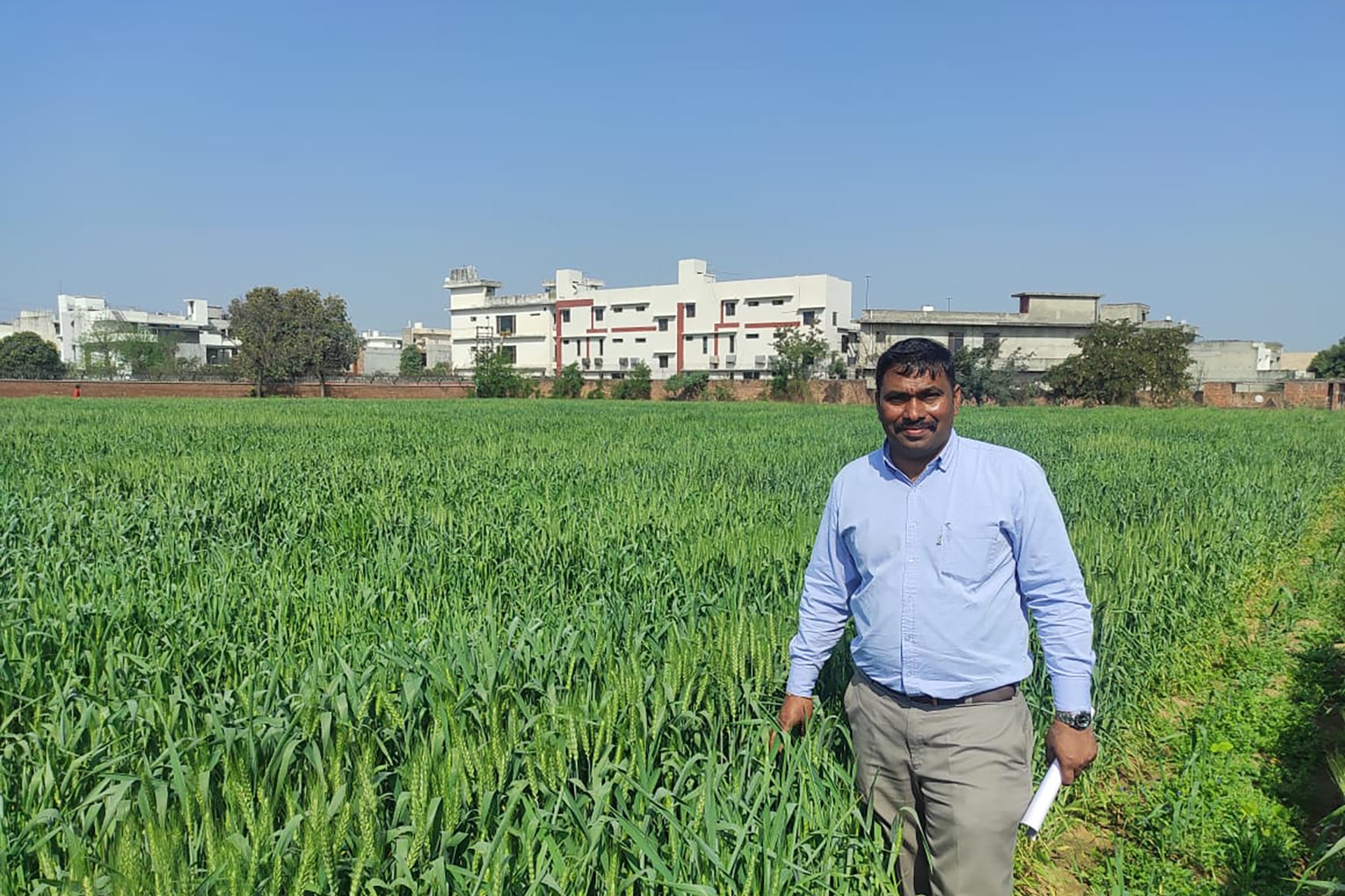
Velu is in very distinguished company with his Derek Tribe award, with other CIMMYT awardees including Sanjaya Rajaram, who received the inaugural award in 2001 and was also the recipient of the world food prize in 2014, Ram Kanwar Malik (2015) and Ismail Çakmak (2007). Details about previous recipients of the Crawford Fund Derek Tribe Award are available here.
“Velu has an outstanding record of applying cutting-edge research to enhance agricultural productivity and natural resource management in developing countries. Over the past 15 years, his research at CIMMYT, Mexico, has played a pivotal role in breeding high-yielding, climate-resilient, and biofortified wheat varieties, addressing food security and malnutrition challenges across South Asia and Africa,” said Shaun Coffey, Chief Executive Officer, the Crawford Fund.
“Velu’s research has had significant impact, leading to the release of over 25 improved wheat varieties, benefitting millions of smallholder farmers in India, Pakistan, Nepal, Bangladesh, Ethiopia, and Mexico,” he said.
“Dr Govindan has been instrumental in integrating genomic selection, high-throughput phenotyping, and precision breeding techniques to accelerate genetic gains in wheat and zinc mainstreaming efforts at CIMMYT. His collaborations with national agricultural research systems (NARS) in developing countries have strengthened local breeding programs, enabling faster varietal development and dissemination,” said Shaun.
Velu’s work has received significant funding from international agencies such as the Bill & Melinda Gates Foundation, USAID, and other national and international funding, further demonstrating its global impact.
“Beyond breeding, Dr Govindan has contributed to sustainable agricultural practices by promoting climate-smart wheat varieties that require fewer inputs and are resilient to heat, drought, and resistant to multiple wheat diseases,” he said.
Prior to his role at CIMMYT, Velu was involved in pearl millet biofortification at ICRISAT through the HarvestPlus program, leading to the development of high-iron pearl millet hybrids adopted by smallholder farmers in India.
“He is also an advocate for capacity building, training young scientists and breeders across Asia and Africa; fostering the next generation of agricultural researchers; and actively participating in policy discussions that have influenced large-scale adoption of improved wheat varieties,” said Shaun.
“The Crawford Fund congratulates Dr Govindan on his lasting impact on global food security and natural resource management. We look forward to highlighting his work with the Derek Tribe address, and further raising awareness of the benefits to Australia and developing countries of agricultural research for food and nutrition security,” concluded Shaun.
The Crawford Fund is pleased to partner with the University of Western Sydney and the University of Sydney for Velu’s visit to Australia. Plans are underway for him to be presented with his award and deliver the 2025 Derek Tribe Address in the coming months. Information regarding the 2025 Derek Tribe Address will be shared when Dr Govindan’s trip is finalised.
Originally published on the Crawford Fund website: 2025 Derek Tribe Award – Dr Velu Govindan.
